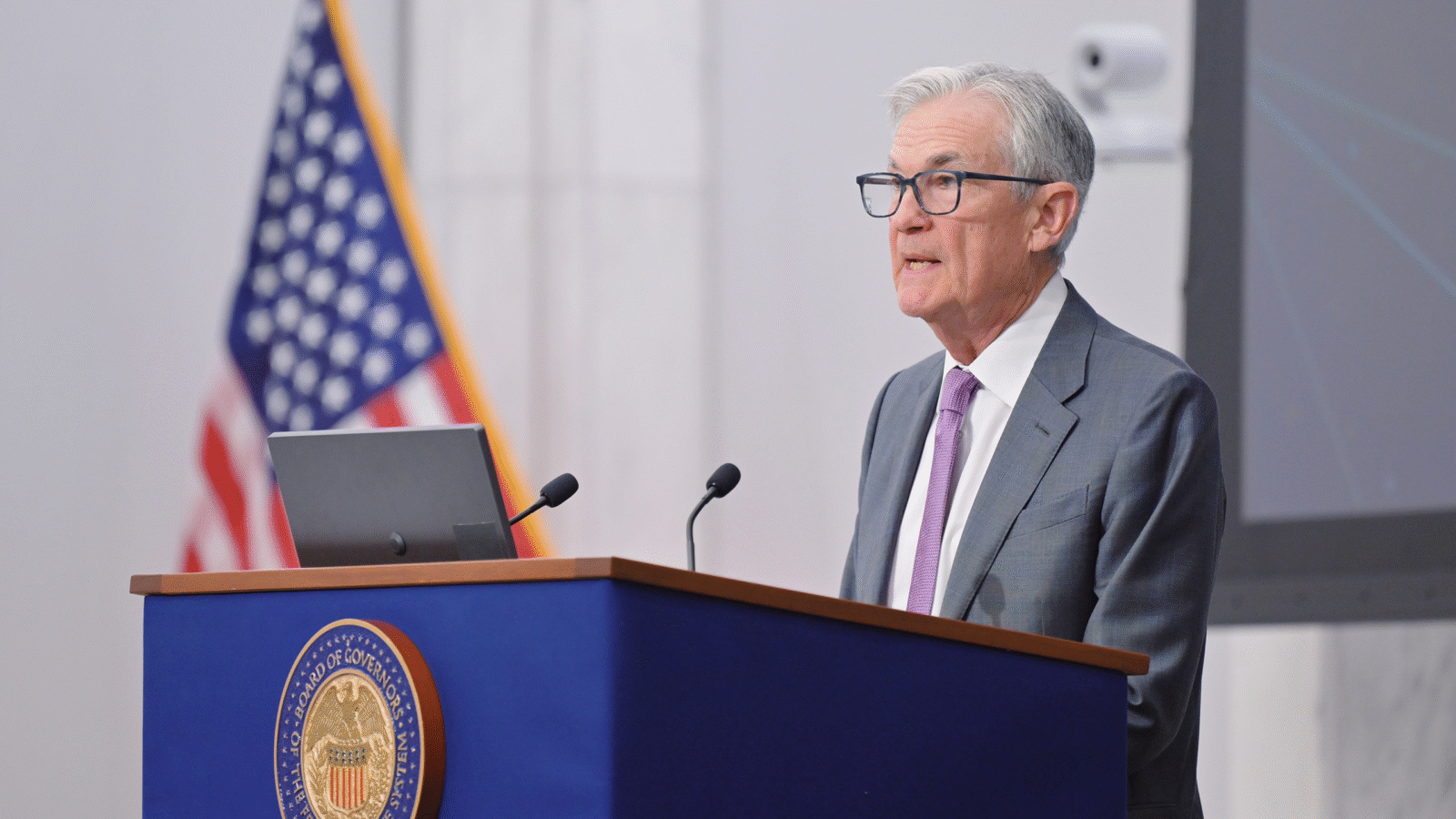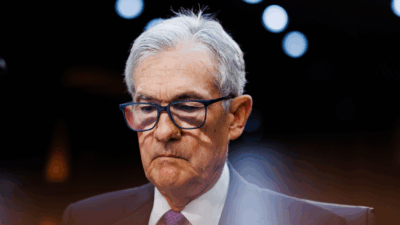
Sign up for smart news, insights, and analysis on the biggest financial stories of the day.
The early bird gets the worm — and a less whipsawed economy.
As the entire world faced rampant inflation, several Latin American nations took to the fight earlier than most with central bank interest-rate hikes. The question now is whether those countries are letting up too soon.
Fight or Flight or Freeze
Central banks in Europe, the UK, and the US initially took more of a wait-and-see approach as inflation started to jump in 2021. But a year later, it was clear rising prices were something more than a transitory pandemic hangover, and they began to join their Latin American counterparts.
Central banks in Brazil, Mexico, and Chile, on the other hand, acted fast by raising interest rates as early as 2021, eventually hitting double digits in some cases. Those are scary numbers to most folks, but sometimes you’ve got to face your fears:
- Latin America is now reaping the benefits of its quick actions. Brazil’s inflation rate has retreated to around 3%, exceeding the nation’s goal, and in Chile, it’s been cut in nearly half over the past year to 7.6% The Mexican peso has reached its strongest value against the dollar in nearly a decade, and the country’s GDP is seeing healthy growth bolstered by robust exports, service, and manufacturing sectors.
- In the US, 11 hikes in the last 12 months by the Federal Reserve have successfully brought the inflation rate back down to 3%, but that’s still above the Fed’s 2%, as the costs of food, housing, and healthcare remain high. Chairman Jerome Powell & Co. likely won’t start lowering rates until after the start of 2024. It’s even worse in the EU and UK, where inflation rates sit at 5.5% and 8%, respectively.
Too Close to the Sun: Latin America is riding so high that a few nations there have already started lowering interest rates. In July, Uruguay was the first to jump into the fray, cutting its interest rates by 50 basis points to 10.75%, Chile dropped its rates to 10.25% just last week, and Brazil is likely to make a similar move this week. That all sounds great on paper, but some economists believe it could be heading toward an Icarian scenario. “The central banks can’t declare victory yet,” Eric Parrado of the Inter-American Development Bank in Washington told the Financial Times. “They must be careful since there is still a lot of uncertainty over whether the measures of core inflation, without energy and food costs, have established a clear falling trend.”











